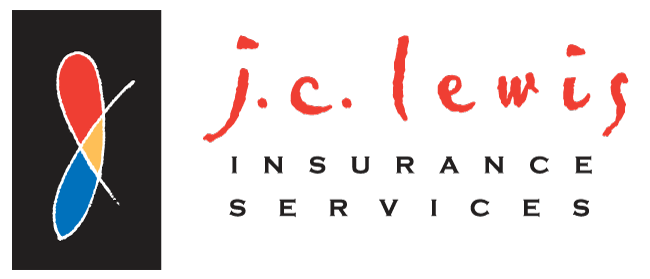Health insurance coverage can be costly, and the cost seems to go up from one year to the next, with some years more so than others. It’s bad enough for the individual or head of a family to buy their own insurance. It’s a fiscal challenge that is multiplied tens of times over for businesses.
Despite optimistic promises from government officials and others, insurance premiums did go up and have continued to do so since the passage of the Affordable Care Act, commonly referred to as Obamacare.
One study by The Heritage Foundation noted that Obamacare more than doubled health insurance costs for workers and families, with the national average premium increasing by 129 percent from 2013 to 2019.
And the Kaiser Family Foundation (KFF) has determined that while premiums for this year were mostly on par with last year’s, this could change significantly going into 2023.
“In 2022, the average annual premiums for employer-sponsored health insurance are $7,911 for single coverage and $22,463 for family coverage. These amounts are each similar to the average premiums in 2021. In contrast to the lack of premium growth in 2022, workers’ wages increased 6.7% and inflation increased 8%. This difference may be due to the fact that many of the premiums for 2022 were finalized in the fall of 2021, before the extent of rising prices became clear. As inflation continues to grow at relatively high levels, we could potentially observe a higher increase in average premiums for 2023 than we have seen in recent years.”
They also noted that the average premium for family coverage has increased 20 percent over the last five years and 43 percent over the last ten years.
HEALTHCARE COVERAGE DATA FOR SMALL BUSINESS OWNERS
The Heritage Foundation report noted, as well, that the national average monthly premium paid in the individual market in 2013 was $244, while by 2019 it was $558 – more than doubling with a 129 percent increase from 2013 to 2019. In contrast, over the same period, the average monthly premium paid in the large-group employer market increased by only 29 percent, from $363 in 2013 to $468 in 2019.
An article at NerdWallet points out that,
“Businesses with fewer than 50 full-time equivalent employees may choose to provide health insurance to their employees using small-group health insurance plans. Small-group insurance providers assess risk for a pool of employees rather than one individual. This allows them to offer lower premiums than many employees would be able to get if they purchased health insurance independently.”
And, while businesses with fewer than 50 employees are not legally required to offer health insurance, an estimated 53 percent of these size businesses did so in 2020. In addition, 48 percent of those businesses with just three to nine employees also offered health insurance coverage.
Also, a fiscal advantage for those really small businesses is potential tax benefits.
According to the Affordable Care Act, employers with fewer than 25 employees that earn average wages of $52,000 or less – and pay for at least half of their employees’ health insurance premiums – may be eligible for tax credits that can help offset the cost of small business health insurance.
These tax credits can potentially add up to 50 percent of your costs for your employees’ premiums.
On the HealthCare.gov website, small business owners are advised that enrolling in a Small Business Health Options Program (SHOP) plan is usually the only way for a small business (or non-profit) to claim the Small Business Health Care Tax Credit.
The site goes on to note that, to qualify for the tax credit, all of the following must apply:
- You have fewer than 25 full-time equivalents (FTE) employees
- Your average employee salary is about $56,000 per year or less
- You pay at least 50% of your full-time employees’ premium costs
- You offer SHOP coverage to all of your full-time employees. (You don’t have to offer it to dependents or employees working fewer than 30 hours per week to qualify for the tax credit.)
J.C. LEWIS INSURANCE SERVICES – YOUR SMALL GROUP HEALTH COVERAGE EXPERTS
One sure way to reduce your costs and save money is to work with an experienced broker.
Working with a firm like J.C. Lewis means we are working with you, not the insurance companies. We are able to compare the coverage of various insurers provide so as to find you the best rates and coverage in the market.
Simply put, we will provide you with the most unbiased, cost-effective, and best-fit health coverage policy recommendations.
J.C. Lewis Insurance is a family-owned firm that has been based in Sonoma County since 1979. Our expert brokers offer small business insurance plans, and our mission is to provide expert advice and assistance to small business owners for group health insurance and group medical plans.
In addition, our firm only provides small business health insurance plans from the leading health insurance carriers licensed to do business in the states where we operate.
As a team of experienced, professional brokers, we are licensed and certified by each insurance carrier to offer coverage to small-group employers in addition to Medicare supplemental and prescription drug plans for seniors.
When you’re thinking of purchasing health insurance for yourself and your employees, and possibly vision and dental coverage, you will likely have several questions and concerns.
At J.C. Lewis Insurance Services, we’re happy to answer all your questions about health insurance coverage. And you can be confident that we will help you find the right solution.




